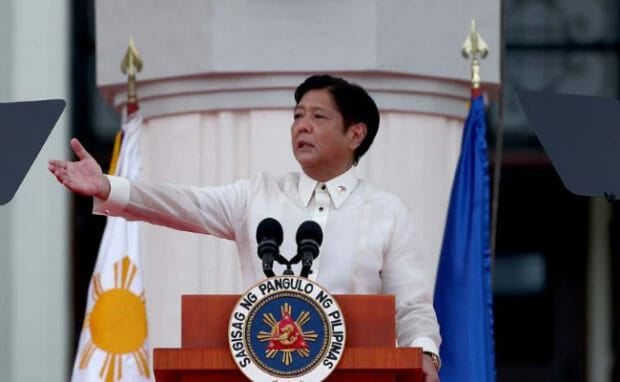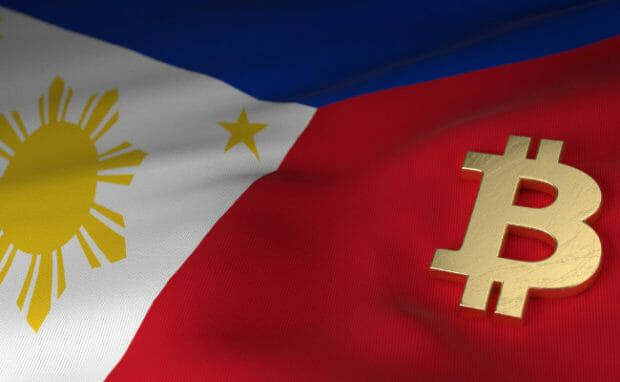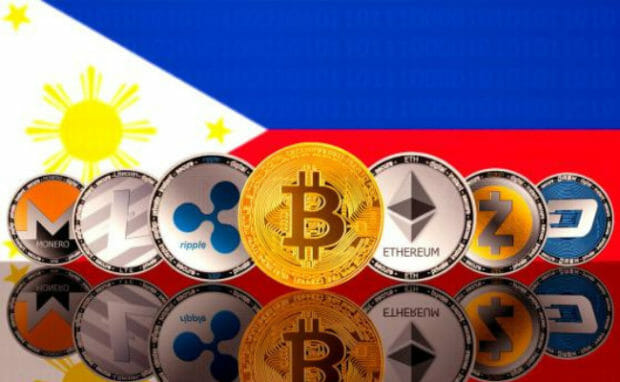Digital Reforms May Transform Philippines Into New Crypto Hub
President Ferdinand Romualdez “Bongbong” Marcos Jr. provided a comprehensive plan for the Philippines’ path to progress. It included reforms that could spark a digital transformation for the country. Soon, it could become a global cryptocurrency hub.
Neighboring countries continue exploring blockchain technology’s potential despite the current crypto market downturn. The President’s long-term plan may allow the Philippines to benefit from it too. In response, we should expect changes in our daily lives.
We will begin by discussing the tech priorities that President Marcos shared during SONA 2022. Then, we will explore the current state of crypto adoption in the Philippines. More importantly, we will explore its future, so you can see how to adapt and thrive in it.
Tech insights from SONA 2022

Photo Credit: www.thesummitexpress.com
On July 25, 2022, President Bongbong Marcos gave a 74-minute speech during his State of the Nation Address (SONA). It explained the long-term plans of his administration.
During his announcement, he emphasized the need to adopt emerging technologies, describing them with the following statement:
“This will be characterized by the infusion of technology into almost every facet of our daily lives. Breakthrough technologies in the areas of quantum computing, artificial intelligence, nanotechnologies, the internet of things, robotics, self-driving electric vehicles, 3D printing, and Virtual and Augmented Reality, among others, will radically transform the way business is done.”
The President also likened these developments to the “Fourth Industrial Revolution.” Then, he told the Department of Information and Communications Technology (DICT) “to identify and utilize these innovations to improve governance.”
He called upon the agency to facilitate online access to public services. The DICT would digitalize government records and “harmonize” access across government departments.
The proposed e-governance and e-government bills provide more details regarding these plans and are among the President’s priority bills. Moreover, President Marcos said he would expand the national ID program.
He aims to issue 20 million digital and 30 million physical IDs by the end of 2022. The E-Government Act will require the DICT to create an “E-Government Masterplan.”
It would ease the development of the government’s digital services. If it becomes a law, it will receive changes every three years. Also, the Internet Transactions Act will create rules for online commercial activities.
He stated that he would continue the National Broadband Plan. Along with the Public Service Act and the “Broad Band ng Masa” project, the President said it will “translate into better quality, availability, and affordability of telecommunications services all over the country.”
Techno reforms to PH crypto hub

Photo Credit: vulcanpost.com
The digital transformation of the Philippines has been growing before the State of the Nation Address. Nowadays, more Filipinos have been using cryptocurrencies and blockchain technology.
Many of them have been playing Axie Infinity during the pandemic. It is an NFT game that allows players to earn non-fungible tokens and cryptos.
Axie players have been converting in-game NFTs and cryptos into spare cash. As a result, the Philippines has the largest number of NFT owners compared to the national population in 2021.
The country had 76.01 million internet users, and 32% said they owned non-fungible tokens. The Philippines now has cryptocurrency exchanges like PDAX, which the central bank or the Bangko Sentral Ng Pilipinas (BSP) regulates.
Its crypto adoption may soon expand further. On June 8, 2022, Binance CEO Changpeng Zhao held a press briefing in Metro Manila. Zhao shared his plan to obtain a virtual assets service provider (VASP) license in the country.
It would allow Binance to transfer cryptocurrencies and convert them into Philippine pesos legally. Zhao explained that Binance wanted to expand in the country due to its “understanding of crypto.”
Then BSP chief Felipe M. Medalla expressed his disinterest in crypto regulation on June 21. He believed it follows the “greater fool theory” since people expect to earn from cryptos by selling them at a higher price.
Meanwhile, think tank Infrawatch PH wanted bans on Binance operations in the country. Yet, in an exclusive Forkast interview on July 22, he stated that there are no plans to outlaw cryptocurrencies.
The Philippines’ Department of Trade and Industry (DTI) also said it could not ban Binance. The agency said there were no clear regulations from the Bangko Sentral. As a result, these proposals may pave the way for further crypto adoption.
The current state of cryptos in the Philippines

Photo Credit: www.investing.com
We may expect exciting developments for digital assets in the country, but let us look at the recent crypto trends. For example, the Department of Science and Technology recently launched a blockchain training program to explore these use-cases:
- Financial support
- Emergency aid
- Healthcare
- Issuance of passports and visas
- Government record keeping
- Trademark registration
Executive Director Enrico Paringit admitted that the DOST struggled to establish this program due to a lack of local crypto experts. Still, DOST Secretary Fortunato de la Peña emphasized that blockchain is “an important emerging technology.”
Paringit said that the DOST prioritizes building “non-cryptocurrency applications, but it needs blockchain development specialists who can help the government adopt the technology.
For example, the DOST will use blockchain to track the Guimaras mango supply chain. On the other hand, the private sector has been offering crypto services.
Online payment apps Maya and GCash enable users to buy, sell, and store cryptocurrencies. Besides PDAX, Coins.ph help Filipinos invest in digital assets.
It uses the cryptocurrency XRP to facilitate cross-border money transfers between Japan and the Philippines. As a result, it allows cheaper and faster remittances from overseas Filipino workers (OFWs).
These transfers account for 9% of the Philippines’ gross domestic product. In 2021, OFWs sent cash remittances worth $31.4 billion, providing significant support for the country’s post-pandemic recovery.
Blockchain technology may boost the Philippine economy in the long term. If the reforms from President Marcos succeed, they could promote the country’s prosperity in the future.
Conclusion
Recent developments may soon turn the Philippines into a global cryptocurrency hub. The current administration’s long-term plans may become a significant driving force.
President Bongbong Marcos announced digital transformation plans during his State of the Nation Address. Meanwhile, more companies and government agencies have adopted blockchain in various ways.
Filipinos may look forward to exciting developments for the country. Technology may soon pave the way for a more vibrant and powerful Philippines!
Frequently asked questions
What did SONA 2022 say regarding digital transformation?
President Marcos said he would provide more Filipinos with national IDs by next year. Also, he plans to improve government digital services and expand internet access.
May I invest in cryptocurrency in the Philippines?
You can buy, sell, and store cryptos on your smartphone, thanks to GCash and Maya. Alternatively, you could try local crypto exchanges like PDAX and Coins.ph.
Should I invest in cryptos?
Plan carefully before purchasing any asset, and remember that cryptocurrency is highly risky. Consult a financial advisor for professional assistance.